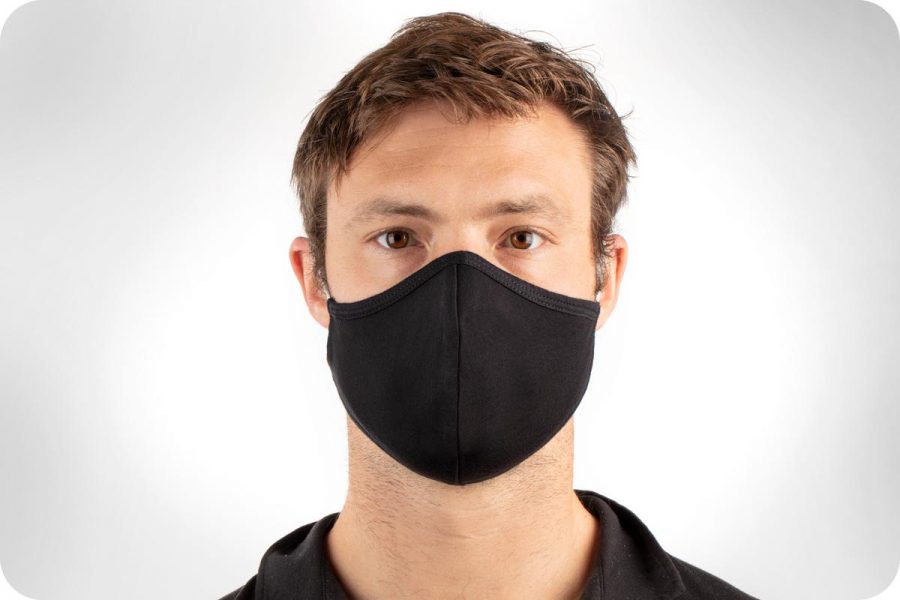Cloth face masks can potentially be disinfected by the sun
December 2, 2020
Researchers from the American Chemical Society (ACS) have developed a special type of cotton face mask that kills up to 99.9999% of bacteria and viruses within 1 hour of sunlight exposure.
Although cloth face masks in general prevent sneezes and coughs from entering another person’s body, the bacteria and viruses exuded from the individual and the environment lie on the surface of the masks.
Peixin Tang, Gang Sun, Nitin Nitin and colleagues wanted to develop a new cotton fabric that would release reactive oxygen species (ROS) when exposed to daylight. These species will kill microbes attached to the fabric’s surfaces, and at the same time be washable, reusable and safe for the wearer. Once a person is done using it after a few times, they can disinfect the mask outside in the sun, or by spending a longer period of time under office or building lights. Although they are much less intense than sunlight, building lights can still get some of the job done in longer than an hour’s worth of time.
The researchers made their antimicrobial fabrics by attaching positively charged chains of 2-diethylaminoethyl chloride (DEAE-Cl) to ordinary cotton. Then, they dyed this modified cotton in a solution that releases ROS upon exposure to light, which in turn attaches to the DEAE-Cl chains.
The team initially tested out the efficiency of the cotton using inactivated 99.9999% of T7 bacteriophage, a virus thought to be more resistant to ROS than some coronaviruses — within 30 minutes. With thorough research, a fabric made with a dye called rose Bengal as the photosensitizer was discovered and killed 99.9999% of bacteria added to the fabric within 1 hour of sunlight exposure. This new fabric gives high hopes for making reusable, antibacterial/antiviral cloth face masks and protective suits, the researchers say.










